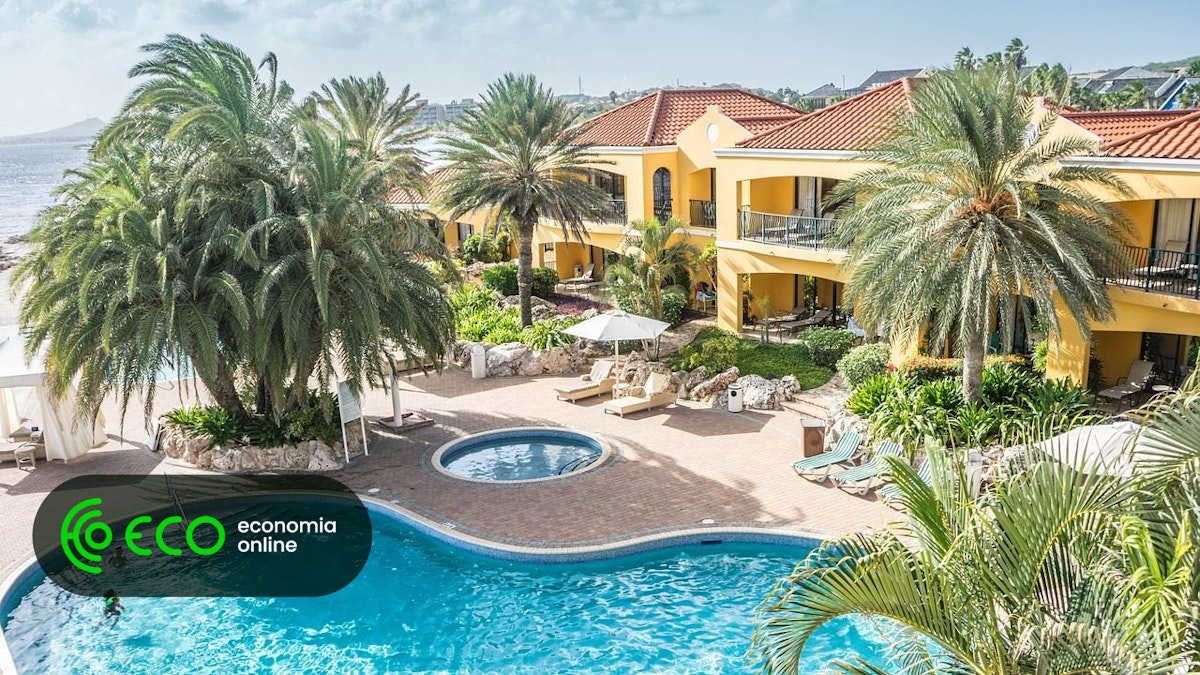Portugal to Increase Property Tax for Foreign Buyers; Resorts Association Demands Exemptions
The Portuguese Association of Residential Tourism and Resorts (APR) has publicly voiced its concern regarding the government's announced plan to increase the Municipal Property Transfer Tax (IMT) for non-resident foreign buyers. The measure was unveiled by Prime Minister Luís Montenegro as a component of a new package of housing policies. In response, the APR is proposing that tourist resorts and designated low-density regions be excluded from the tax hike, citing potential negative impacts on investment in these specific areas.
The government's policy objective is to address housing affordability issues, particularly in urban centers. However, the APR contends that applying the increased tax uniformly across the country is a flawed approach. "It is undeniable that the pressure on housing occurs mainly in urban regions. Tourist resorts, located outside urban centers, do not compete with the primary housing market for the Portuguese," stated Pedro Fontainhas, APR's executive director. He characterized the move as a "strategic mistake that will only bring loss of investment, employment, and tax revenue" to regions that depend on such developments.
In a formal communication, the APR has made three specific requests to the government. First, the complete exclusion of tourist resorts in low-density areas from the IMT increase. Second, that fiscal decisions be based on empirical data and economic impact studies rather than on generalized perceptions of the housing market. Third, the association stressed the importance of maintaining a stable and predictable fiscal environment, calling it an "essential condition" to attract and retain foreign investment.
The economic contribution of the sector was quantified in a macroeconomic study conducted by the Nova School of Business and Economics (Nova SBE) for the association. The study found that between 2014 and 2023, the residential tourism and resort sector generated €96.8 billion in Gross Value Added (GVA) and was responsible for the creation of over 2.8 million jobs. During this period, the sector also contributed approximately €5 billion in taxes, including VAT, IMT, IMI, and stamp duty.
Need Expert Guidance?
Get personalized insights from verified real estate professionals, lawyers, architects, and more.
The report further detailed the specific impact of non-resident buyers, who added €672 million in production and €298 million in GVA to the Portuguese economy. These transactions also resulted in €129 million paid in salaries and the creation of 9,060 jobs, alongside significant tax contributions. Pedro Fontainhas noted that investment in regions such as the Algarve, Alentejo, and the autonomous regions of Madeira and the Azores has been a fundamental pillar of their economic and social development.
The Prime Minister described the housing package as a "shock policy" designed to tackle a pressing national issue. The IMT increase will not apply to Portuguese emigrants or to properties placed on the rental market under current rules. However, the specific rate of the tax increase has not yet been made public. In an interview with ECO, the Minister of Infrastructure and Housing, Miguel Pinto Luz, stated that the measure is one of "justice" that will promote equity and better wealth redistribution, asserting that it "will not jeopardize the country's attractiveness" to investors.
This sentiment is not universally shared among industry stakeholders. Hugo Santos Ferreira, president of the Portuguese Association of Real Estate Developers and Investors (APPII), expressed concern that the policy could be perceived as punitive towards foreign investors. "If we are punishing foreigners who buy houses by making them more expensive, naturally there will be foreigners who will reverse that decision," he commented to Jornal Económico, suggesting the move could deter foreign direct investment in the property sector.
Understand policy impacts on your Portugal property plans at realestate-lisbon.com.






